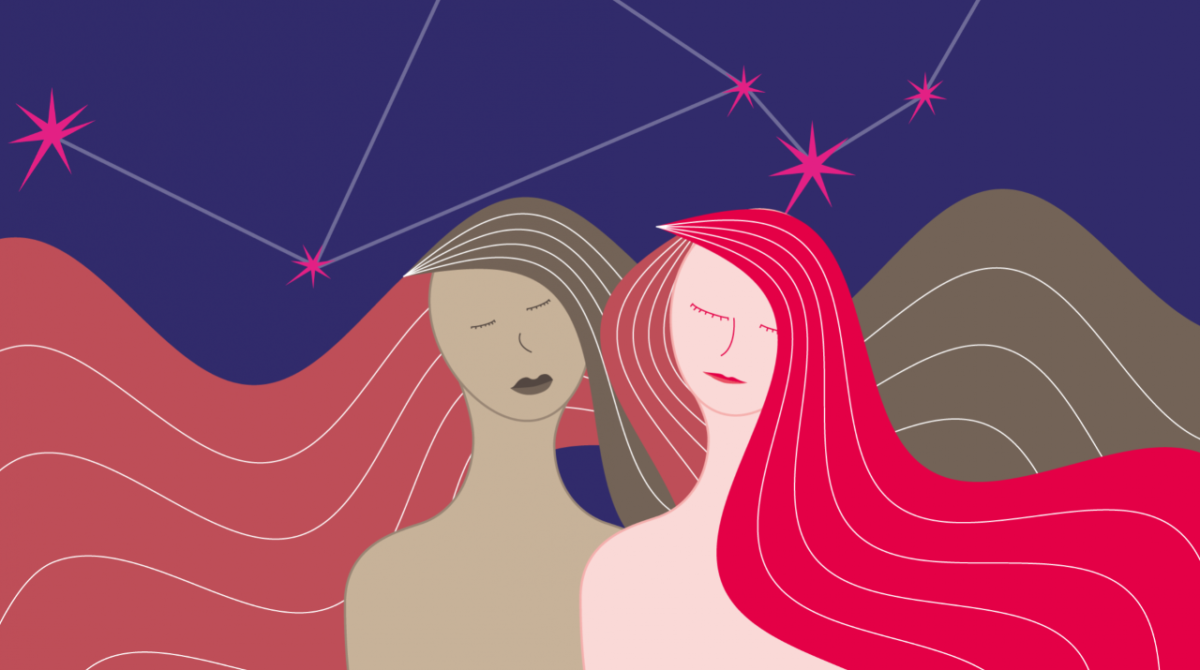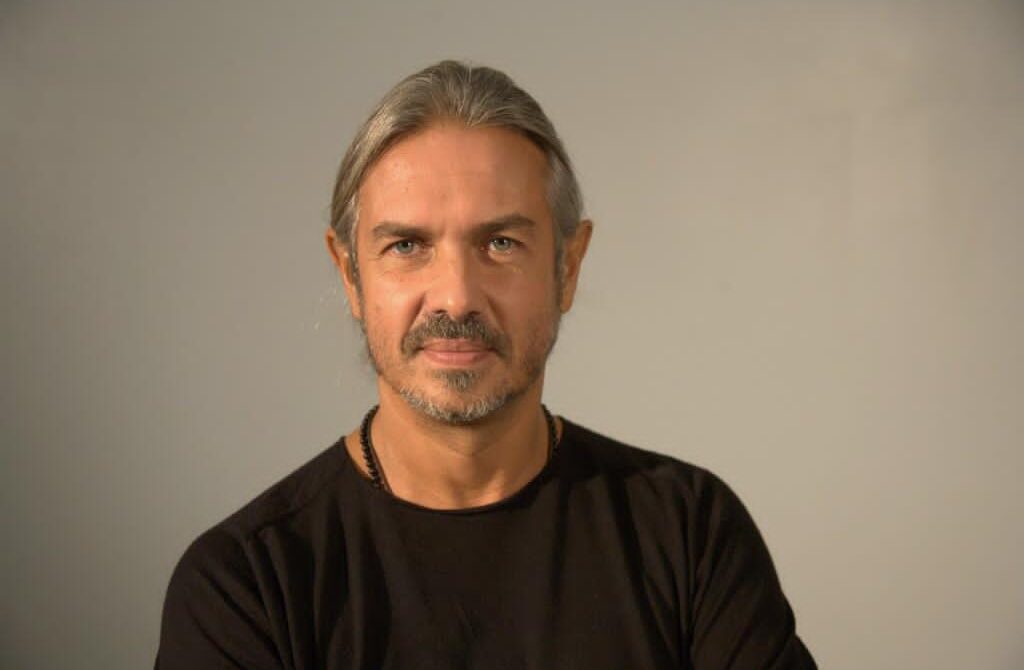The first, big question is: why is the person who created a foundation such as Pangea to support the rights of women who are victims of violence a man? How is this choice linked to your personal experience?
I had a well-established and profitable prosthodontist practice but, for various reasons, I started volunteering for Amnesty International on human rights violations in conflict areas.
After a children support mission in Romania, it became clear to me that helping a woman is the best way to help many children, and society as a whole. Indeed, if a woman increases her self-awareness and has the tools to build her own future and fulfill her dreams, the benefits are multiplied and reach her whole family.
In the case of Romania, we helped mothers who had been forced to steal to survive. Thanks to this, their children went back to school and no longer needed to collect garbage, because their mothers could support them. I remember a woman who had chickens but couldn’t sell her eggs due to the increasing competition. We supported her in starting a baking business, producing bread and pastry. That way we started our micro-credit activities. Since then, we have given out 65,000 loans…
Why does Pangea have a president who is a man? I will never know how women experience their everyday life, how they deal with getting out of their house, finding a job, going to school.
I will never know what it means to be looked at in a judgmental, critical, insinuating, possessing way. But because I am aware of this, I can’t stay out of all this. I must make sure this doesn’t happen, because it is a violation of human rights. It simply isn’t fair, and I can and I must do my part.
Did gender-based violence cases increase in number with the pandemic? How has the situation evolved in the last two years?
Currently, numbers are very high and constant, but hidden. If we hadn’t said that domestic violence had increased by 75% during the pandemic, nobody would have known that it is an emergency. Women were in a sort of prison, they couldn’t physically get away from the perpetrator, they couldn’t run away or ask for help at an anti-violence center. It was truly horrible also for children, who were there and had to witness their mother being hit, raped or killed. It was an alarm that had to be sounded to face the issue in a timely and decided manner.
During the pandemic Fondazione Pangea activated the WhatsApp channel, which is well liked by women because they feel greatly embarrassed to be seen by an operator and talk directly to her. When you experience violence, it makes you feel dirty, wrong, sick, so much so that the first reaction is to look for a psychologist… because you need treatment, you need to be cured… “And what is going to happen to my poor husband, is he going to prison?”, “What will the neighbors say? What will my children say at school?”, “I am the one who was wrong, what did I do? What happened is my fault”… Making the decision to press charges is very difficult.
With 8×1000 funds, the Istituto Buddista Italiano Soka Gakkai has financed the REAMA project for the second time. The project offers full protection to women who are victims of violence and their children. What is its goal?
Pangea aims at stopping those dynamics that cause violence. The Soka Gakkai is a peace-builder and we share with you the intention not only to combat violence against women, but also to build world peace starting from tackling important issues in our society. Our will, our goal, is to resolve violence, not just to face it.
Violence is a cultural factor but society considers it as a problem affecting only couples or families. That is why it’s called “domestic violence”. This human rights violation affects a large part of humankind that is persecuted, hit, killed or discriminated against just because it belongs to that gender. It’s terrible! It happens in every country in the world, including Italy, in more or less subtle, structured or systematic manners, and in some parts of the world it is even legal. When women arrive at our centers, they want to protect their children and say that they love them—but they don’t know how to love because the experience they have had of love is not love, it is segregation and humiliation.
We listen to them and look for a way to help them out of that repression, help them find their strength back. We are able to provide the best lawyers and the best social workers, also because their husbands will look for the best lawyers. So we provide legal aid, we support them in getting a job, a house, their life back …
Another aspect is working on love with children who have witnessed violence. We make sure they can find a new closeness with their mother. Often she will say: “I can’t leave because a father like this is better than no father at all”. What an appalling misinterpretation! Our success indicator is knowing that those children will not repeat the violence they have witnessed. Then we will have less violence.
What is your advice to a woman who is subjected to violence, or to a person who is very close to a victim and witnesses such acts? And how can a person who is committing violent acts be helped?
My advice to a woman who is subjected to violence is not to contact only close people, like a friend who can give advice or a neighbor who improvises as a psychologist… It’s important to contact a good anti-violence center right away.
On the Reama project website women can find the telephone number of the anti-violence help desk they can contact.
Gender-based violence isn’t a “household problem” that doesn’t concern us; it is a problem related to a cultural system that somehow blames women for the abuse they are subjected to.
Should the victim call the police? Yes! If she feels she can’t do it, she can call a REAMA center and we will call the police. The same for a person who witnesses violent acts: they should call the police because, as I said, it is not a household problem.
The Istanbul Convention also mentions men who are abused. We have made the professional choice not to work with them. My advice to a person who is committing gender-based violence is to contact right away one of the many centers in Italy now dedicated to perpetrators.
Is there a meaningful experience from the REAMA project that you would like to share?
I would like to tell Sabrina’s story. She contacted Pangea in a desperate situation, she had three children and risked being killed.
When they arrive at our center, women don’t even have underwear, because when they decide to leave they do it and take nothing with them. Thanks to the 8×1000 funds from the Soka Gakkai financing the REAMA project, we can buy everything they need. People would like to donate things but for us it is important not to take away the dignity of being able to wear a new t-shirt from these women.
A person fleeing needs to find their dignity back. Sabrina did it with us. We immediately went to the police with her. She had two very good female lawyers who were excellent in court. That man was incarcerated and she obtained sole custody of her children. Our work with her was gradual, she stayed with us for almost a year and when she felt ready she became independent. Now Sabrina has an apartment and even the fact that she can pay back the money she borrowed for rent means she’s getting her dignity back.
This year the REAMA project’s goal is to increase the number of anti-violence cent res in the national network (currently including about forty cent res). We survive thanks to fund-raising and without Soka Gakkai’s funds we would have closed the project this year… but something is telling us that a peaceful world can be built. Women’s smiles are our victory!

